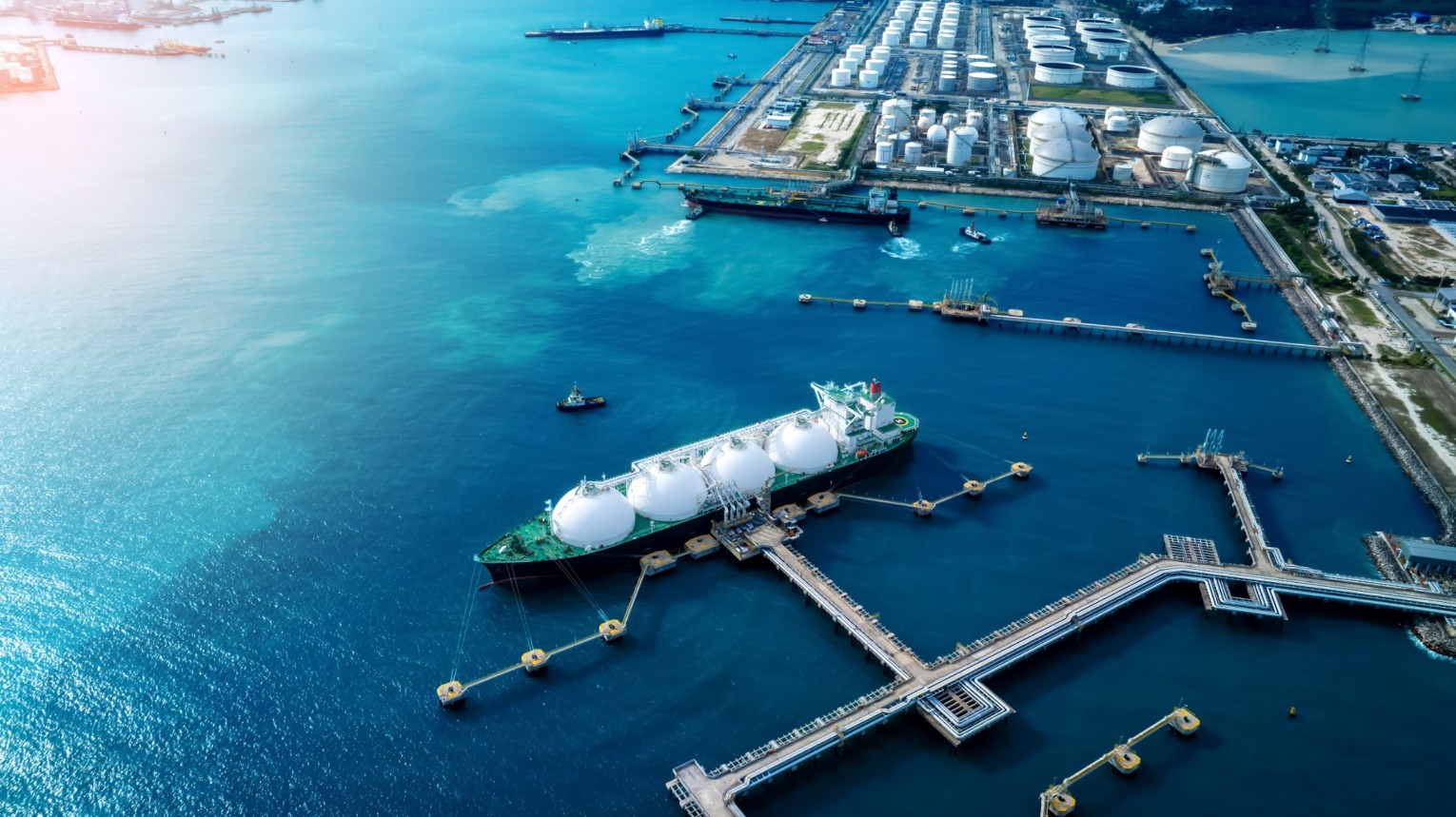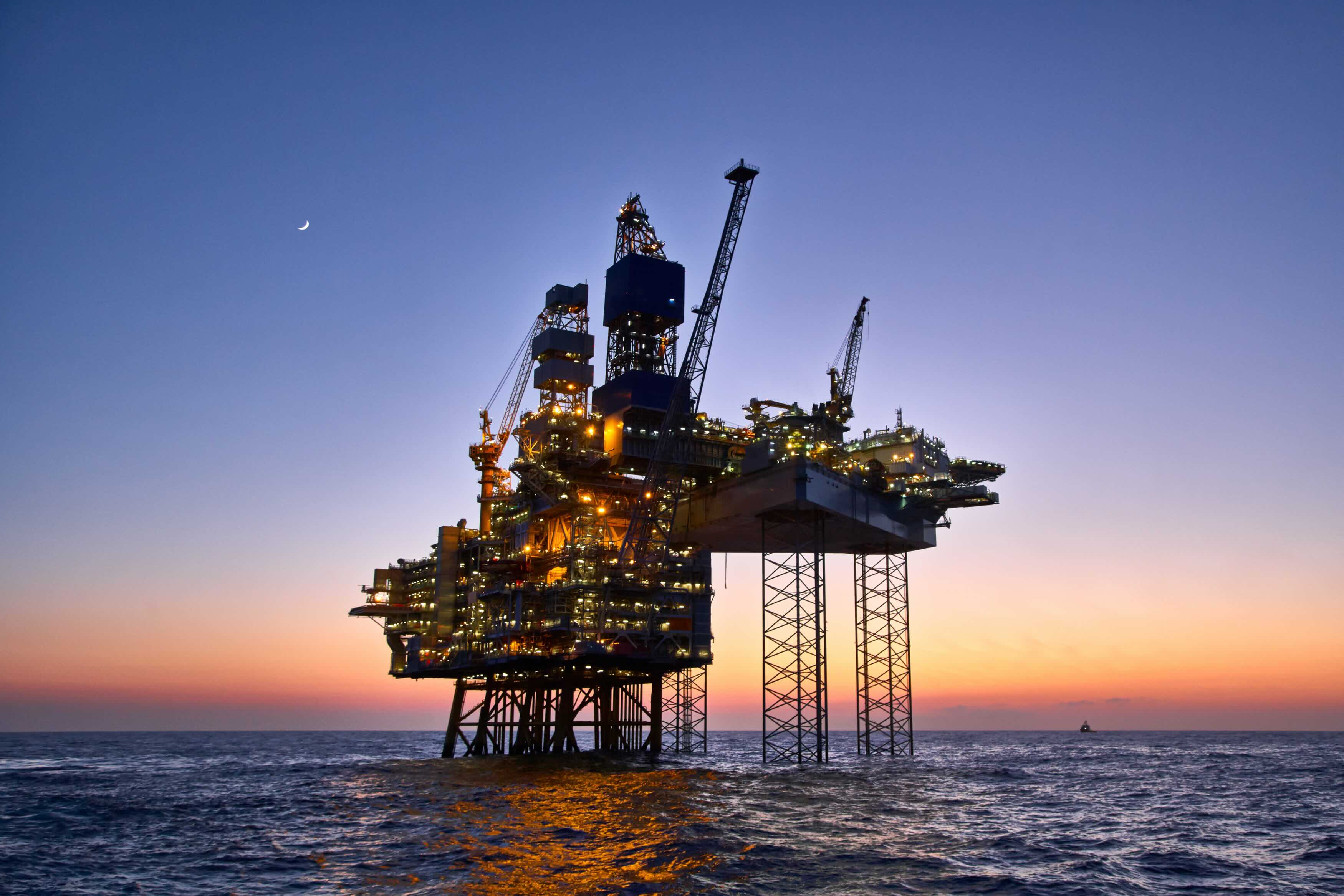Oil markets face volatile sessions ahead until China clarifies zero-covid policy
Oil markets have rallied last week despite a yet still hawkish tone from Jerome Powell, the FED governor. Rumours around China potentially lifting its sticky zero-covid policy have helped propel front-month prices for Brent by 6% in four days to just under $99/bbl. However, markets could be jumping the gun too early. Chinese authorities have tempered some hope about a turnaround in the country’s zero-covid policy.
A question of when rather than if
With China’s 20th Party Congress behind, all eyes are now on the latest developments in the country’s zero-covid policy. As expected, President Xi cemented his power grip over the party, securing a third five-year presidential term. The Congress also chose to replace the incumbent Prime Minister, Li Keqiang, with Li Qiang, the Shanghai Party Secretary and a loyalist to Xi. Li Qiang is the man who oversaw the city’s harsh lockdown from March to August this year because of an outbreak caused by the Omicron variant. The lockdown was so strict that many people died due to an inability to receive timely medical care; some supposedly died by starvation. If anything, this doesn’t bode well for the Party’s future covid strategy.
Markets rebounding too fast will only increase volatility as government officials deny any reopening is on the cards. There is no reason to become overly optimistic, but the latest rumours could be pointing towards an exit of this strategy at last. The government is reported to be working on slightly relaxing aviation rules and the number of weeks one needs to spend in quarantine after arriving in the country.
That said, the policy reversal should not be fast at all. Increasing vaccination rates among the elderly appears like a pivotal step to be achieved before any actual loosening of the zero-covid policy. Homegrown vaccines are believed to be less effective against the Omicron variant. In this context, news that the Chinese government has approved the BioNTech vaccine for expatriates is a positive sign, as it could provide the first step towards approving its use for the broader population.
China’s oil demand falls by nearly 900 kbd in 2022 y/y; our base case assumes a 300 kbd rebound next year
China’s zero-oil covid policy has weighed on global oil demand growth. This year marks the first y/y decline in Chinese oil demand since 2002: we estimate Chinese oil demand will fall by 900 kbd to 13.5 Mbd. The demand drop comes despite PetroChina's 400 kbd Guangdong Petrochemical and the 320 kbd Shenghong Petrochemical refineries being scheduled to commission in 2022, while around 149 kbd of independent refining capacity was set to be phased out.
The fifth batch of product export quotas should boost refinery runs in the short term: runs have increased from 12.6 Mbd in July to 14.3 Mbd in October and November (Kpler). The rebound in activity is falling onshore oil inventories – currently at a 7-month low of 875 Mbbls – despite a jump in seaborne oil imports from 8 Mbd between June and August to 8.9 Mbd in September and 9.6 Mbd in October, a six-month high. Refining is a rare bright spot against the backdrop of a property slowdown, weak consumer spending, and falling economic output and activity.
China oil demand (kbd)

We have recently revised our China demand forecast for next year from 500 kbd to 300 kbd as the economy grows near the slowest pace in four decades. This view assumes Chinese GDP growth of 3.5% in 2023, a gradual lifting of the zero-covid policy from the end of Q1 2023 and a light impact of the Yuan’s weakening against the Dollar due to low price elasticity and measures taken to support the currency and refinery runs.
Chinese seaborne oil imports by origin country and onshore oil inventories (Mbd)











